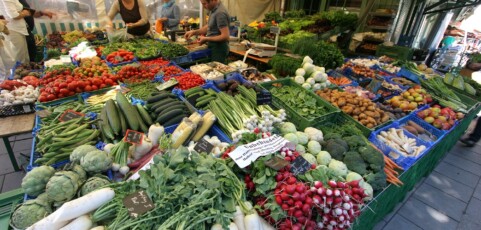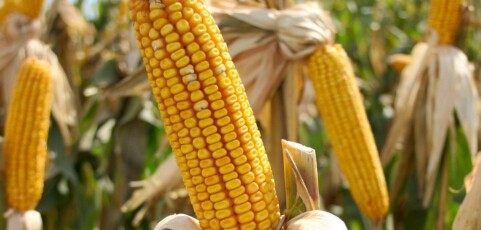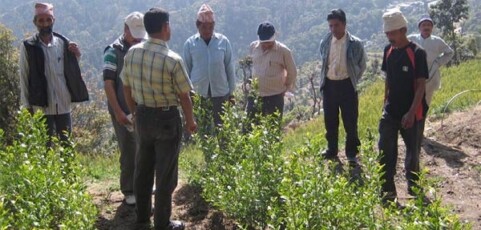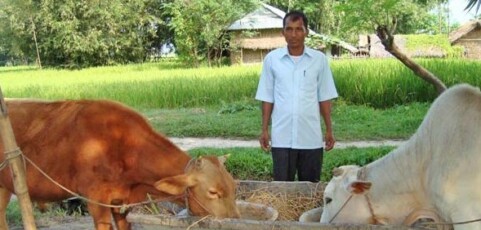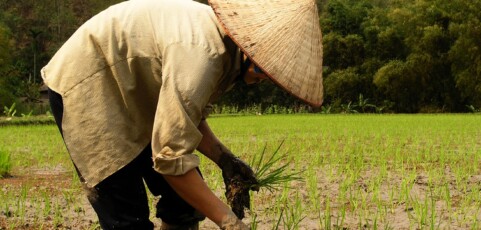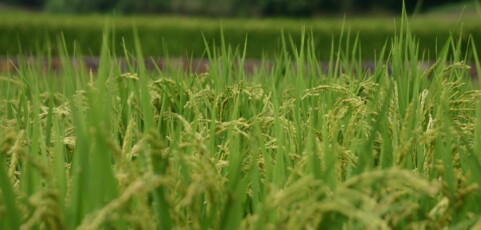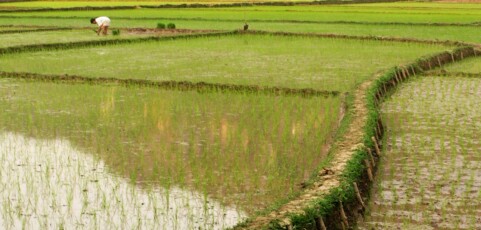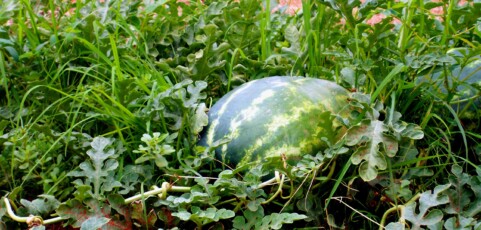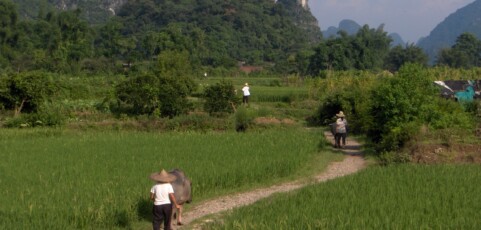This case study outlines the plan for a 0.5 acre garden in downtown Toronto. This market garden was part of Field-To-Table’s Urban Agriculture initiative and will complement ongoing rooftop and sprout growing. The Urban Agriculture Initiative sells vegetables and sprouts to the Field-to-Table Good Food Box, an alternative distribution mechanism available to all Torontonians.
Organic farming: the successful story of Mr. Chidumula Nkhata
Read MoreSweet and sour delight: Value addition in citrus
Creating economic incentives is an effective way for conserving agrobiodiversity. Establishing market linkages and adding value through processing of locally available crops can provide such incentives for conservation through use, as is happening in Ghanteshwor village development committee (VDC) of Doti district in far western Nepal.
A breeding bull can benefit the whole village
The case of Suklal Rajbanshi, a farmer in Shivgunj, Jhapa who is providing valuable service to cow owners in his village.
What we need is 40 acres and a mule
The case of Brent, a urban famer. The urban agriculture movement, sweeping across urban areas, from West Oakland to Detroit, Milwaukee and Chicago to the Bronx and beyond, is a call to reclaim post-industrial abandoned lots, under-serviced public parks and vacant lots to grow fresh food for the people. The movement is often called “food justice” , representing the idea that healthy food for our people is a human right, not a privilege.
Rice Transplanting in the Tai Lake Region of China
Farmers transplant paddy rice to increase the growing period for winter crops and reduce irrigation.
Using Human Manure (“nightsoil”) in the Tai Lake Region of China
Read More“Oufei” Wet composting in the Thai Lake Region of China
Traditional farmers make an anaerobic compost called “oufei” using canal sediments, legume green manures, crop residues and animal manures as a fertilizer for rice.
Watermelon Cover Cropping with Wheat and Barley in Niigata, Japan
Wheat and barley were introduced into watermelon production systems to control weeds and save labor in Japan.
Farmers’ Varieties and Agricultural Sustainability in Kaski, Nepal
Single households in Kaski, Nepal often maintain as many as 20 farmers’ varieties (landraces) of a single crop. This study demonstrates methods for documenting the cultural, medicinal value and use values of farmers’ varieties.

